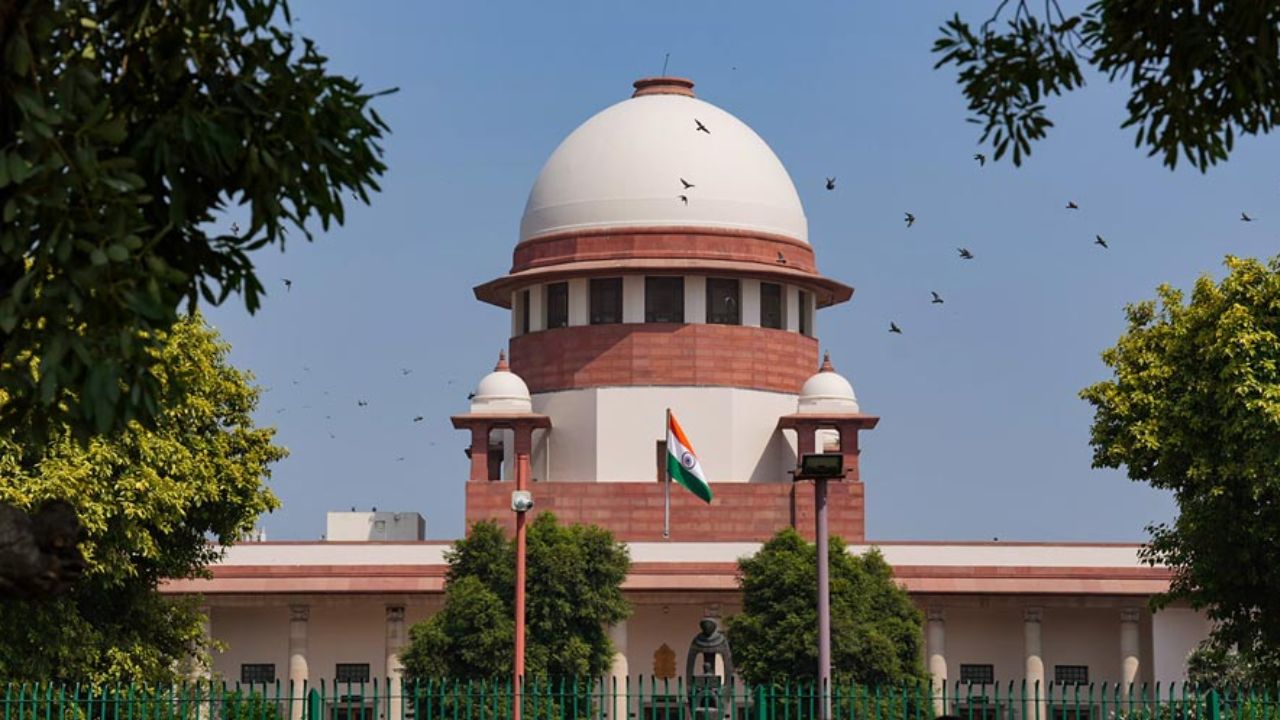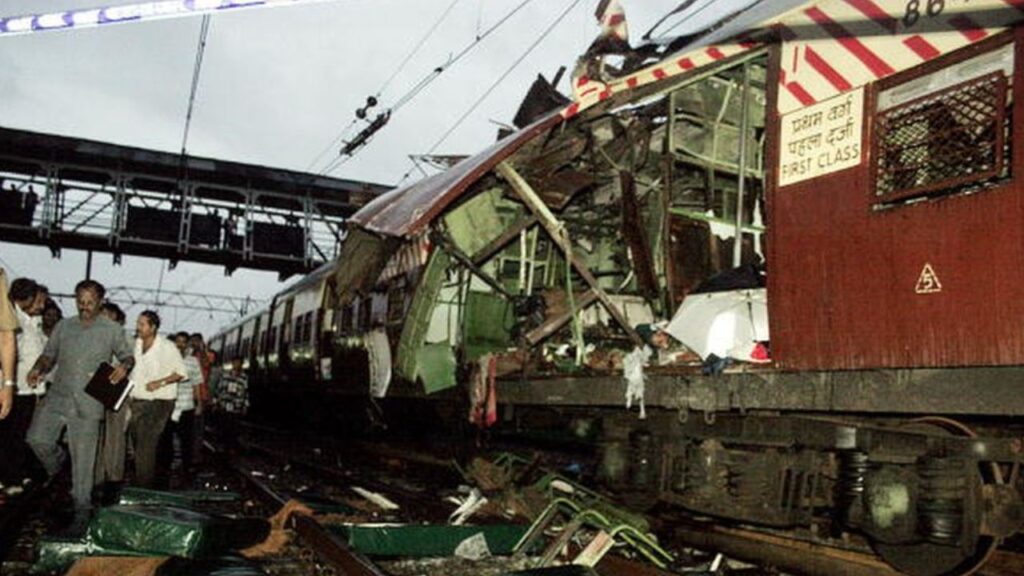 English
English

Solicitor General Tushar Mehta sought an urgent hearing of the case from a bench headed by Chief Justice of India (CJI) BR Gavai.

Maharashtra Government approaches SC against Bombay HC verdict (Source: Internet)
New Delhi: The Maharashtra Government has challenged the Bombay High Court decision in the 7/11 Mumbai train blast case in the Supreme Court. The Bombay High Court yesterday had acquitted all the 12 accused, reports Dynamite News correspondent.
Solicitor General Tushar Mehta sought an urgent hearing of the case from a bench headed by Chief Justice of India (CJI) BR Gavai.
The horrific incident in which 189 people were killed and hundreds of others injured in bomb blasts in Mumbai Western Railway local trains, is one of the infamous terror attacks in the country.
Solicitor General Tushar Mehta stressed that this is a very serious matter. The special leave petition is ready and it should be listed immediately. The Chief Justice agreed to list the case for Thursday.
The Bombay High Court on Monday overturned the decision of the special MCOCA court, Which sentenced five accused Kamal Ansari, Mohammad Faisal Sheikh, Ehtesham Siddiqui, Naveed Hussain Khan and Asif Khan to death and seven others Tanveer Ansari, Mohammad Majeed, Sheikh Mohammad Ali, Mohammad Sajid, Muzammil Sheikh, Suhail Sheikh and Zameer Sheikh to life imprisonment.
The High Court bench of Justice Anil Kilor and Justice Shyam Chandak said that the prosecution failed to prove the crime against the accused. The court also clarified that the Maharashtra Anti-Terrorism Squad (ATS) tortured the accused during the investigation, who were under pressure to catch the culprits.

189 killed in train blasts in Mumbai (Source: Internet)
CJI Gavai told that he has read in the newspapers that eight accused have been released from jail after the High Court's decision. However, the Solicitor General stressed that many important issues still remain to be considered.
The hearing of this case started in July 2024 and lasted for six months. The court gave its verdict after the completion of the hearing in January 2025. The accused were lodged in Yerwada, Nashik, Amravati and Nagpur jails and were produced in the court through video conferencing.
The defense lawyers argued that under the Maharashtra Control of Organized Crime Act (MCOCA), the police recorded confessions through torture, which are not reliable. Besides the involvement of Indian Mujahideen (IM) was mentioned in the investigation of Mumbai Crime Branch and the confession of IM member Sadiq was also presented in the court.
In 2006 there were blasts in seven local trains of Mumbai within 11 minutes. A charge sheet was filed in November 2006 and in 2015 the lower court convicted 12 accused. Five were sentenced to death and seven were awarded life term. Later the government filed a petition in the High Court to confirm the death penalty, while the accused also appealed against their sentence.